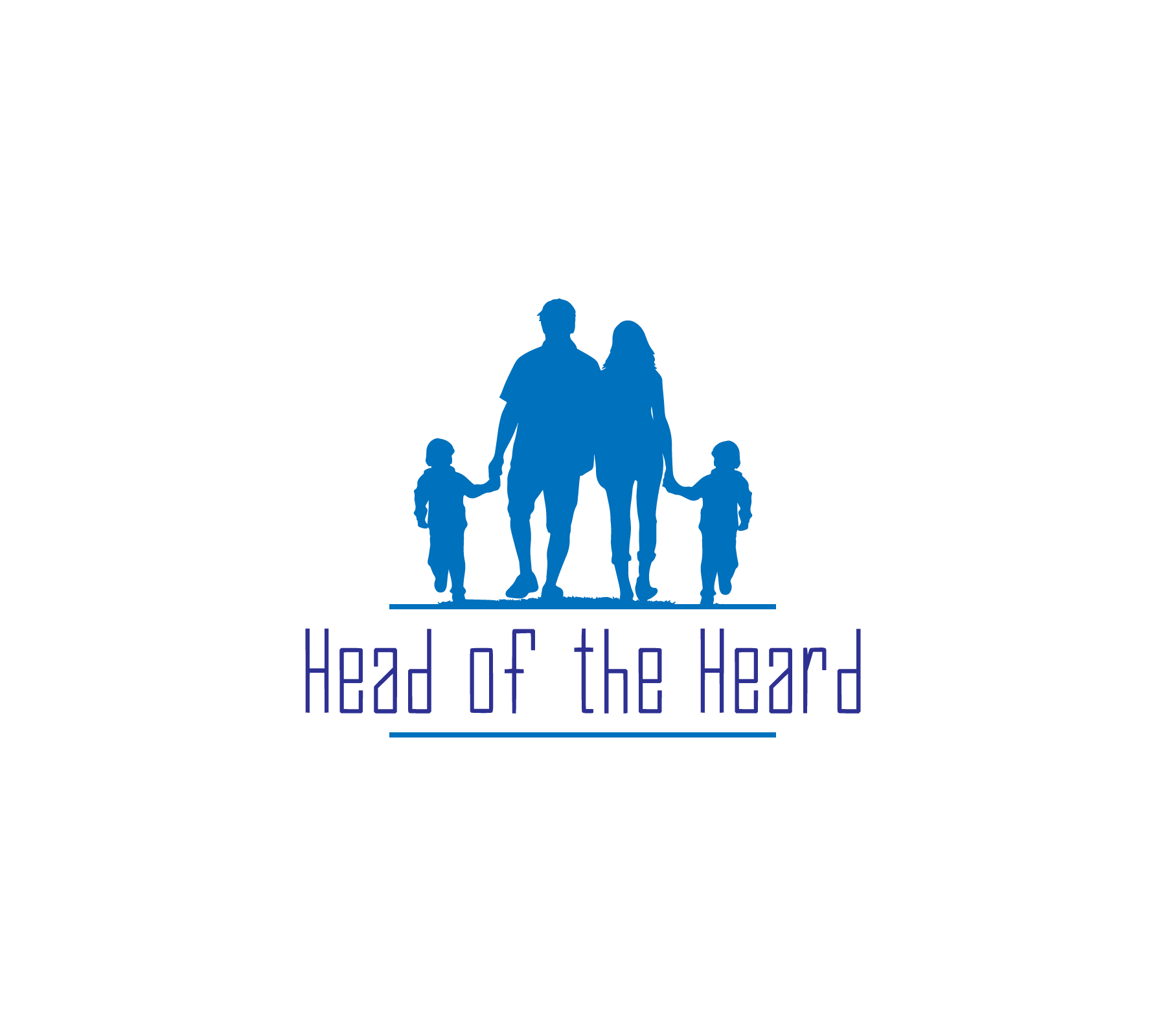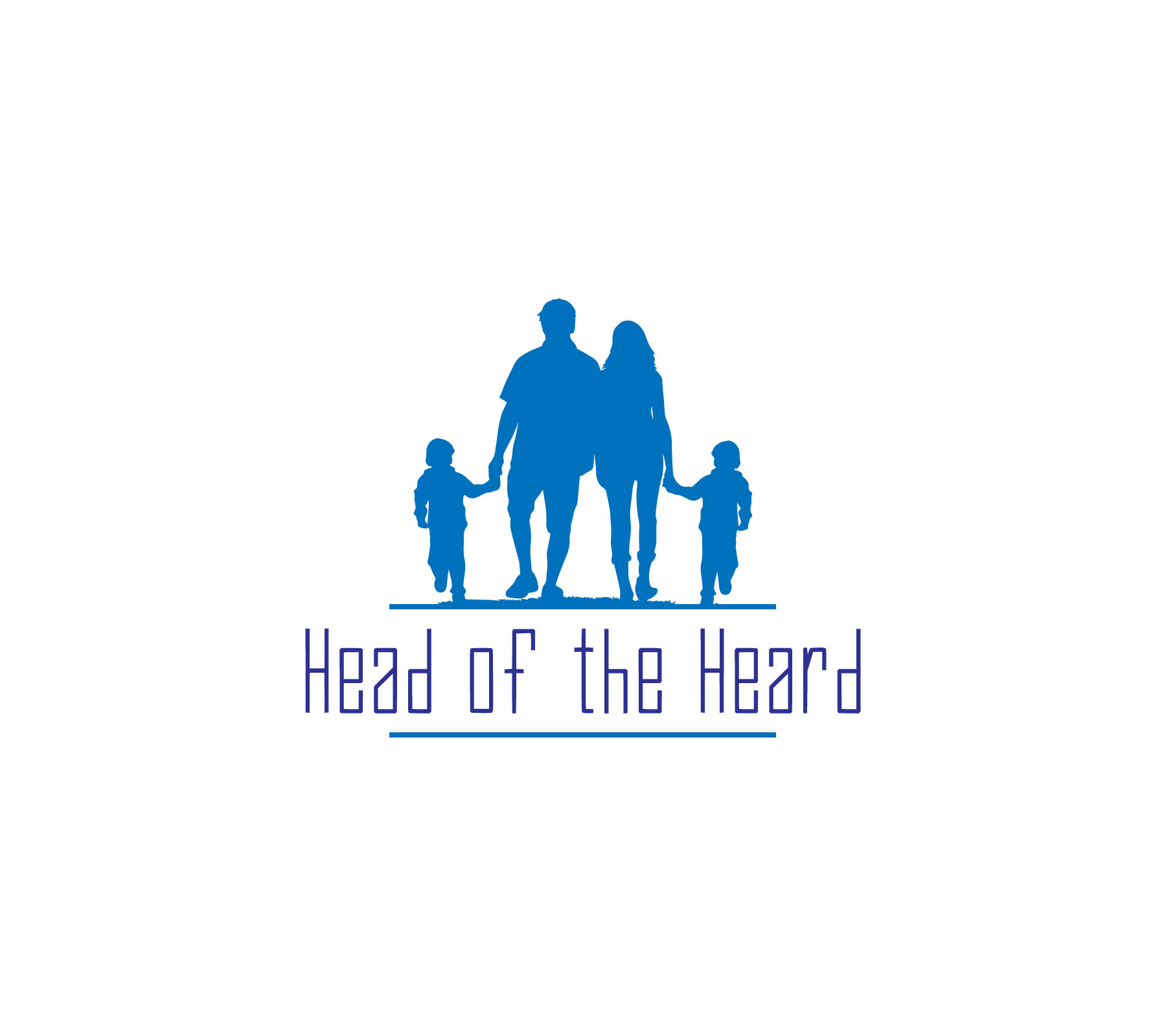
English: The game Bananagrams, showing pieces and banana-shaped carrying container. (Photo credit: Wikipedia)
How do we learn language? Why do we learn language? Once we have learnt language, what do we use it for?
These are all questions I have had to try to answer as a language teacher, and even more so now that I am trying to bring up a bilingual son. In order to be a language teacher you need to know a t least a bit about the nature of what you are teaching. In order to be parent who speaks the minority language at home you are obviously going to encounter many language situations on a daily basis.
I became an English teacher about 20 years ago and so I was heavily influenced by the Communicative Approach. Basically, this approach seeks to answer the above questions by saying it is through the struggle to communicate our needs and wants that we learn language. Yes, we could just continue to cry at our parents when we want to be fed, but it is far more efficient just to say ‘I want to have my bottle.’
Of course, if that doesn’t work the first time, you can also revert to crying to get what you want.
For a long time this seemed to make a lot of sense. W edo use language to communicate with others in order to manipulate our surroundings to get what we want. And if we didn’t have to do this then we might not bother to learn how to use language in the first place.
Then I read a book that totally changed my beliefs about language. We use language for far more than just communicating our needs. We also play with language. In fact, if we take ‘play’ to mean creating something unreal with language, then we might ‘play’ more often than we don’t.
The book was called ‘Language Play, Language Learning‘ by Guy Cook.
Word games, songs, poems are all examples ot language play. But so are fiction and prayers, crosswords and skipping songs, verbal jousting and punning.
So, for the upcoming blogging carnival for Raising Multilingual Children I would like to hear about the language play activities that you use in a bilingual context. It can be anything at all, not necessarily with an aim to learn language, but to have fun using and manipulating language. It could be something you enjoy doing yourself, something your kids like doing or an activity that you do as a family.
Just send me a link with a blog post you have written about playing with your language before midnight GMT of Sunday 24th August and I’ll include it in the carnival. It could be something you have written especially for the carnival, or something you wrote ages ago.
If you would like more information about what this carnival is all about, please go to The Piri-Piri Lexicon who organises it all.





